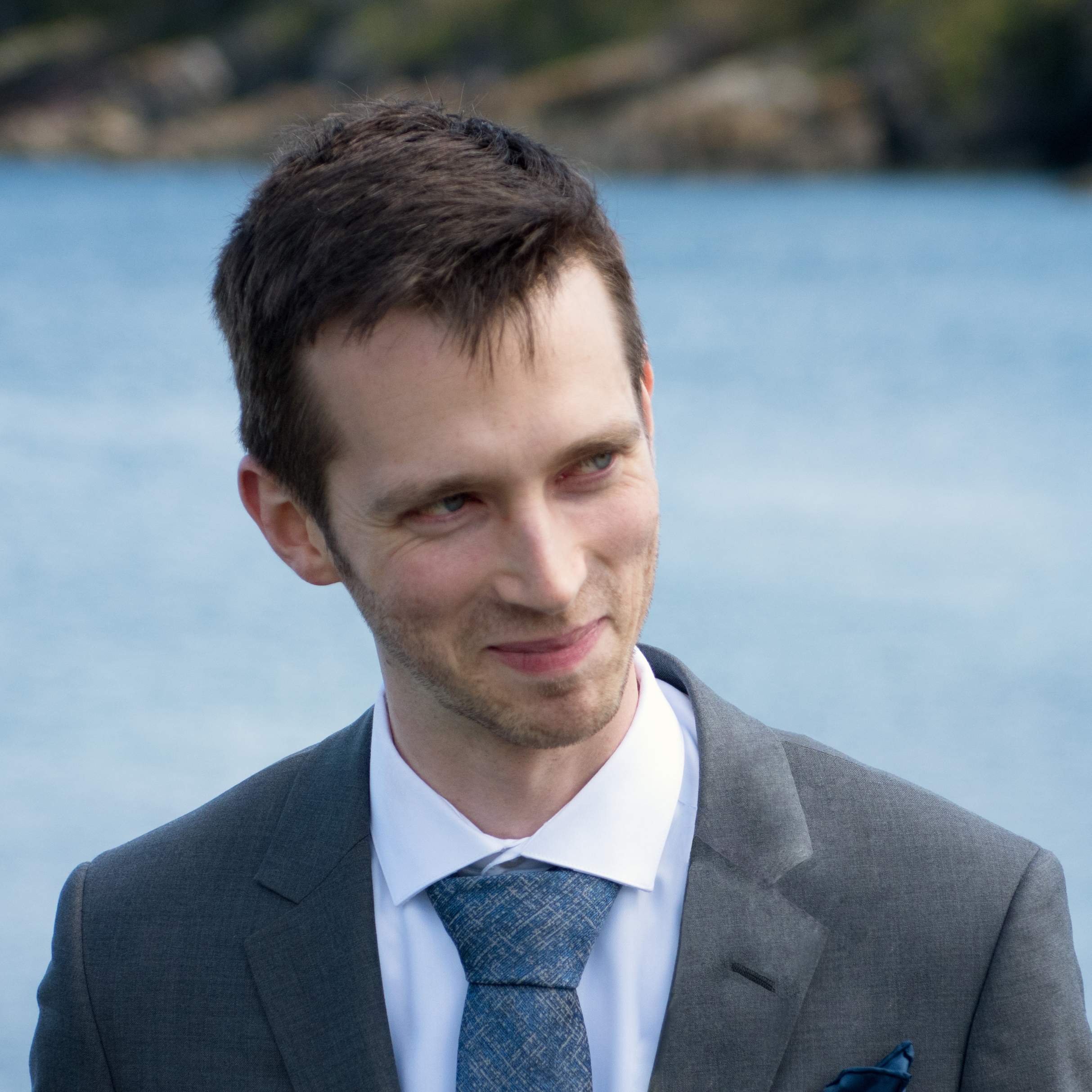The Demon Haunted World
I have a foreboding of an America in my children’s or grandchildren’s time—when the United States is a service and information economy; when nearly all the manufacturing industries have slipped away to other countries; when awesome technological powers are in the hands of a very few, and no one representing the public interest can even grasp the issues; when the people have lost the ability to set their own agendas or knowledgeably question those in authority; when, clutching our crystals and nervously consulting our horoscopes, our critical faculties in decline, unable to distinguish between what feels good and what’s true, we slide, almost without noticing, back into superstition and darkness…
Carl Sagan, as quoted by @Andromeda321 in this interesting Reddit thread on the regretful trends of the 2010s.
The thread discusses the growth of anti-intellectualism and conspiracy theories. I’m reminded of this timeless Medium post about how hating Ross in Friends became a meme in and of itself, reinforcing the persecution of science in the ’90s. From David Hopkins:
I want to discuss a popular TV show my wife and I have been binge-watching on Netflix. It’s the story of a family man, a man of science, a genius who fell in with the wrong crowd. He slowly descends into madness and desperation, led by his own egotism. With one mishap after another, he becomes a monster. I’m talking, of course, about Friends and its tragic hero, Ross Geller.
[…]
If you remember the 1990s and early 2000s, and you lived near a television set, then you remember Friends. Friends was the Thursday night primetime, “must-see-TV” event that featured the most likable ensemble ever assembled by a casting agent: all young, all middle class, all white, all straight, all attractive (but approachable), all morally and politically bland, and all equipped with easily digestible personas. Joey is the goofball. Chandler is the sarcastic one. Monica is obsessive-compulsive. Phoebe is the hippie. Rachel, hell, I don’t know, Rachel likes to shop. Then there was Ross. Ross was the intellectual and the romantic.
Eventually, the Friends audience — roughly 52.5 million people — turned on Ross. But the characters of the show were pitted against him from the beginning (consider episode 1, when Joey says of Ross: “This guy says hello, I wanna kill myself.”) In fact, any time Ross would say anything — about his interests, his studies, his ideas — whenever he was mid-sentence, one of his “friends” was sure to groan and say how boring Ross was, how stupid it is to be smart, and that nobody cares. Cue the laughter of the live studio audience. This gag went on, pretty much every episode, for 10 seasons. Can you blame Ross for going crazy?
People in the Reddit thread point out that these seemingly recent trends have been taking root for a long time. While this is true, it’s also true that (just like seemingly everything else) these phenomena have been moving much faster and growing much larger in recent years. Which leads to a curious tangent: how do accelerated scales of change play on our biases? Does the interaction between these biases and our accelerated experiences change our perception of the world?
